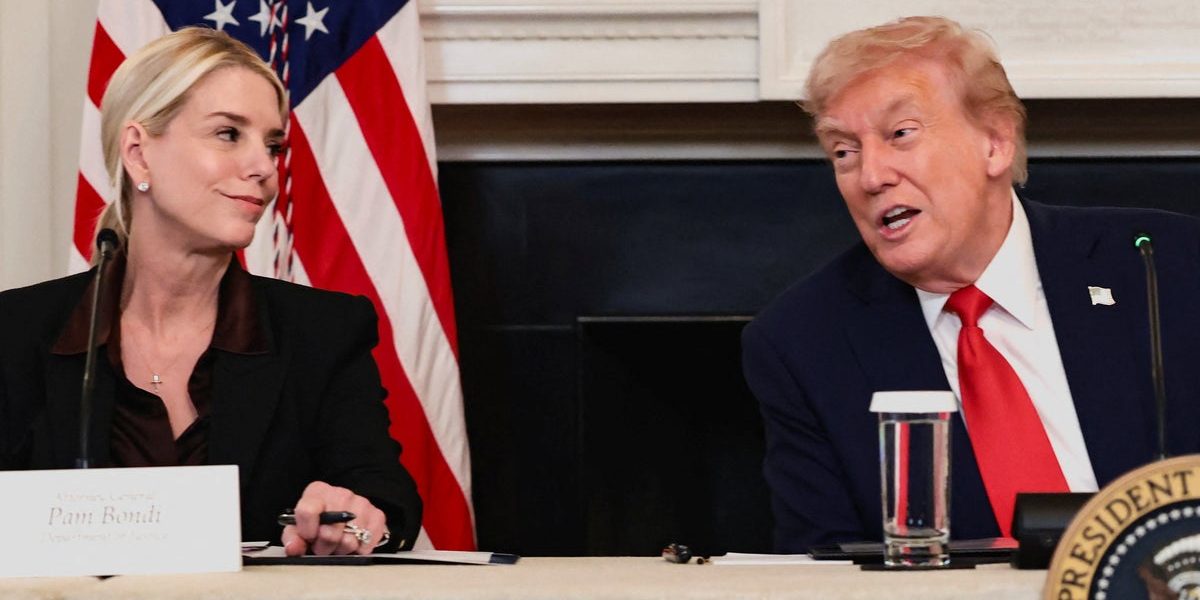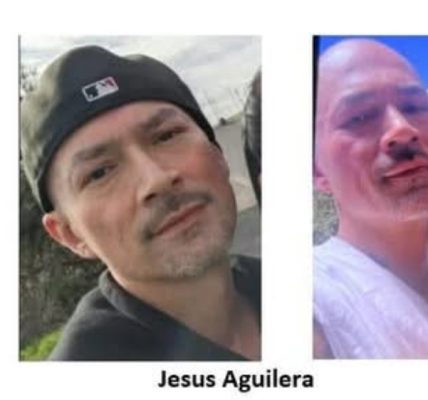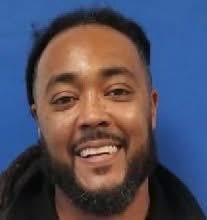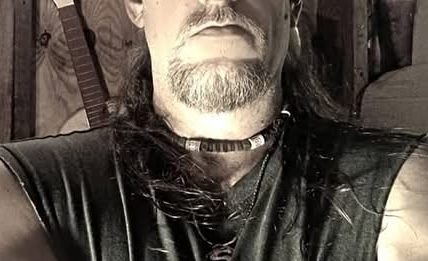Trump’s first-ever Antifa indictment signals DOJ is opening a much bigger case against left-wing groups
Donald Trump’s Department of Justice is moving swiftly to prosecute alleged members of “Antifa” after the president signed an executive order declaring the militant antifascist movement a “domestic terrorist organization.”
Last week, two people facing attempted murder and weapons charges over an “ambush” at an immigration detention center in Texas this summer were hit with additional terrorism-related offenses. A trial is tentatively scheduled to begin next month.
The charges against Autumn Hill and Zachary Evetts are the first against anyone accused of being a member of Antifa, a longtime boogeyman for the Trump administration as it searches for legal tools for a broader crackdown against left-wing dissent and protests.
Administration officials have repeatedly tied acts of political violence to Antifa, while also claiming without evidence that the movement is being financially supported by groups that support Democratic candidates — what critics fear is an attempt to criminalize political opposition itself.
The latest indictment signals that the Justice Department has opened a wider investigation into the movement, which Trump and prosecutors are calling a criminal “enterprise” that can be prosecuted like the Mafia.
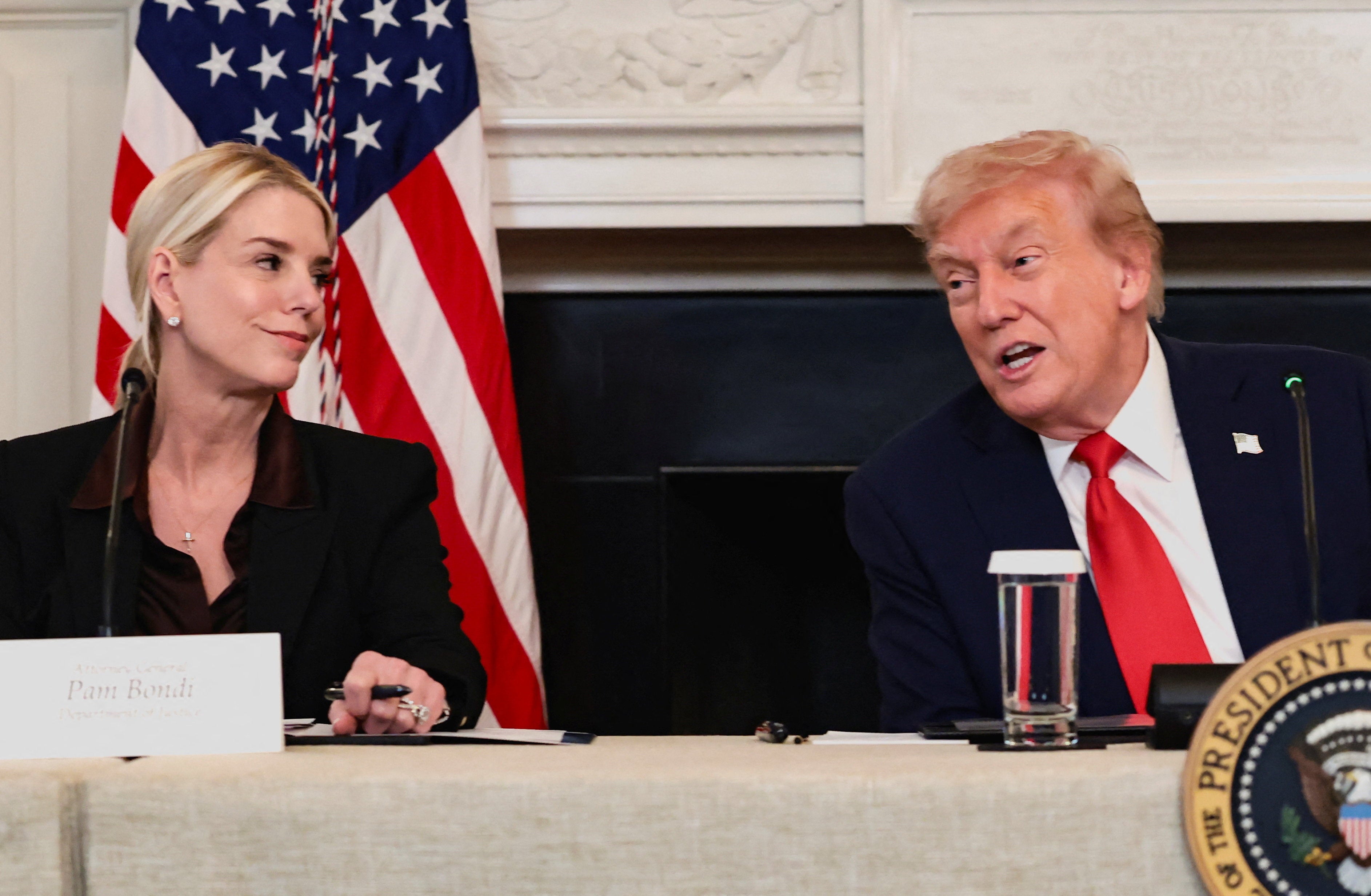
Evetts and Hill, who is named in the indictment as Cameron Arnold, were among 10 people arrested this summer after a shooting outside an Immigration and Customs Enforcement facility in Alvarado, Texas, on July 4.
A 12-page indictment accuses Evans and Hill of providing material support to terrorists as well as attempted murder and firearms offenses. Neither are accused of firing at officers, but prosecutors say they were part of a “North Texas Antifa Cell” that “planned and coordinated” the attack using encrypted messaging apps.
The indictment describes Antifa as a “militant enterprise made up of networks of individuals and small groups, primarily ascribing to a revolutionary anarchist or autonomous Marxist ideology.”
That “enterprise” calls for “the overthrow of the United States government, law enforcement authorities and the system of law,” according to prosecutors.
The use of the word “enterprise” is raising alarms for legal experts.
An “enterprise” investigation opens the door for federal law enforcement to dig into the finances, membership, communications and overall structure of a targeted group.
But Antifa encompasses individuals and loosely affiliated groups in a broader militant subculture — often physically confronting far-right groups in the streets — rather than a specific organization.
Thomas E. Brzozowski, the former counsel for domestic terrorism in the Justice Department’s national security division, told Raw Story that investigating Antifa as an “enterprise” gives the FBI the resources to investigate “anybody that would in their view fall under this bucket, which is pretty broad, even if you are not involved in perpetrating violence in the furtherance of this ideology.”
Brzozowski, who served under the Biden and Obama administration as well as Trump’s first administration, warned that the government’s “amorphous definition” of Antifa “encompasses such a wide array of ideologies, that is a broad spectrum of people that are otherwise unconnected.”
“That’s a problem, in my view,” he said.
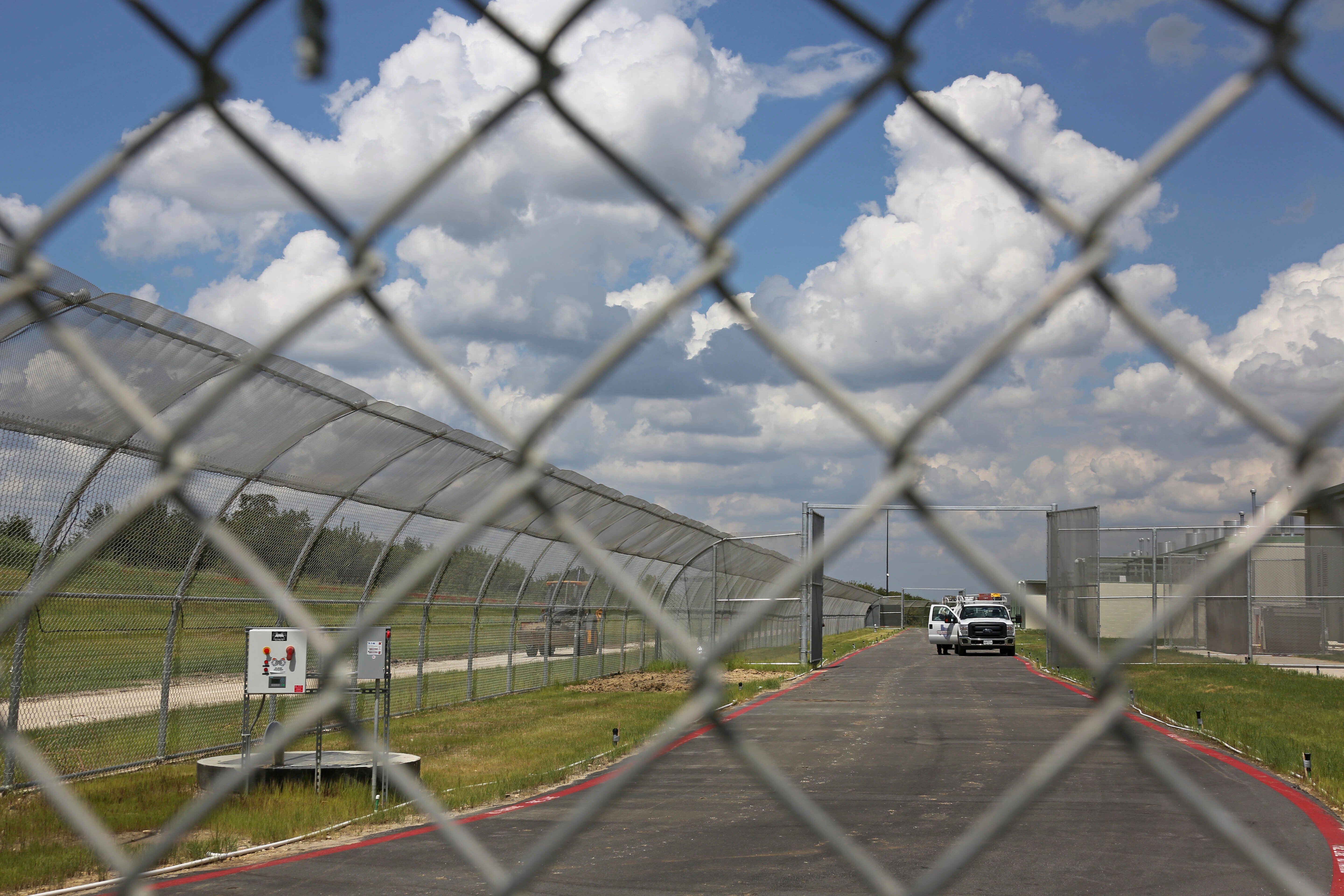
A federal inquiry could end up focusing not only on people who are accused of committing acts of violence but anyone who appears remotely connected, including people who attended the same protests, and the left-leaning nonprofit groups and political figures who support them.
Republican officials have already spent years repeatedly smearing protests as the work of “Antifa” or “paid protesters,” often lumped in as one and the same, working in lockstep with Democratic elected officials.
The Department of Homeland Security was recently forced to delete several public statements about a Democratic congresswoman who is accused of assaulting federal officers during a chaotic scrum outside an ICE facility in New Jersey. Last month, the administration baselessly accused LaMonica McIver of “Antifa-aligned domestic extremism” — a statement that was removed from Homeland Security’s website after her attorneys brought a federal judge’s attention to it.
In his executive order designating Antifa a domestic terror organization, Trump directed “all relevant executive departments and agencies” to “utilize all applicable authorities to investigate, disrupt and dismantle any and all illegal operations — especially those involving terrorist actions — conducted by Antifa or any person claiming to act on behalf of Antifa, or for which Antifa or any person claiming to act on behalf of Antifa provided material support, including necessary investigatory and prosecutorial actions against those who fund such operations.”
Chip Gibbons, policy director at Defending Rights & Dissent, said the order “appears to be a greenlight to law enforcement and intelligence to spy on and investigate left-wing political speech.”
The order is “sweeping in its rhetoric yet almost certainly empty of formal legal effect,” Brzozowski wrote in Lawfare earlier this month.
“That emptiness is by design. The damage is in the announcement,” he wrote.
Even if the order doesn’t survive legal challenges, it can “still do the work of law in the streets, on bank compliance desks, and across social media platforms,” according to Brzozowski. “The chilling effect is not hypothetical; it is the point.”
State officials are also taking notice. Earlier this month, Texas Attorney General Ken Paxton directed state law enforcement to “identify, investigate, and infiltrate these leftist terror cells.”
“There can be no compromise with those who want us dead,” he said.
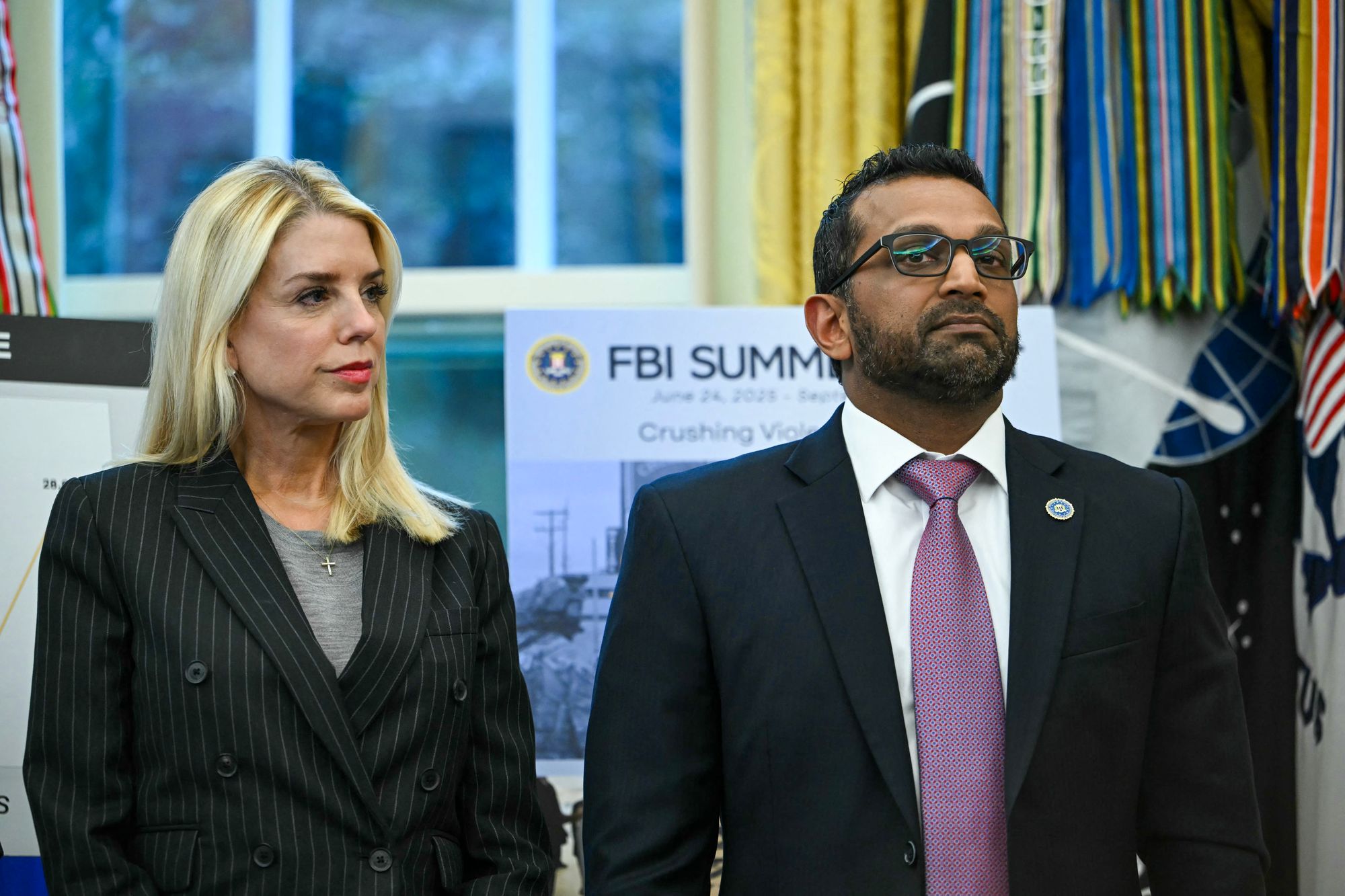
The Trump administration is also considering designating Antifa a foreign terrorist organization, which could expose alleged members to a wider array of sanctions and investigations, as well as “watchlisting, surveillance, and criminal liability under counterterrorism statutes,” according to Brzozowski.
“The chilling effect would be immediate and profound,” he wrote last week. “When anti-fascism itself becomes suspect, the state’s power to monitor and silence expands dramatically”
On July 4, the group wore masks and black clothing as they descended on the outskirts of the facility, armed with fireworks and 10 firearms — four of which were purchased by an unnamed co-conspirator.
That co-conspirator allegedly fired an AR-style rifle, striking a police officer working at the facility in the neck.
Only one member of the alleged “Antifa Cell” — described in court filings as “Co-conspirator-1” — is accused of firing at law enforcement on July 4.
The Justice Department previously named the gunman as Benjamin Hanil Song, who is being separately charged with three counts of attempted murder of federal agents. Song has not been prosecuted as a member of Antifa.
The indictment accuses Evetts and Hill of aiding and abetting the attack.
The Independent has requested comment from their attorneys, who have disputed the government’s allegations and stated that prosecutors have not presented evidence linking them to an “Anfifa Cell.”
Attorney General Pam Bondi announced the charges on social media, claiming that they prove “Antifa is a left-wing terrorist organization.”
“They will be prosecuted as such,” she added.
“We’re arresting anarchists who seek to harm law enforcement,” said FBI director Kash Patel.
“Antifa isn’t a protest movement, it’s a domestic terrorist organization,” he wrote. “The media can pretend otherwise. We won’t.”

